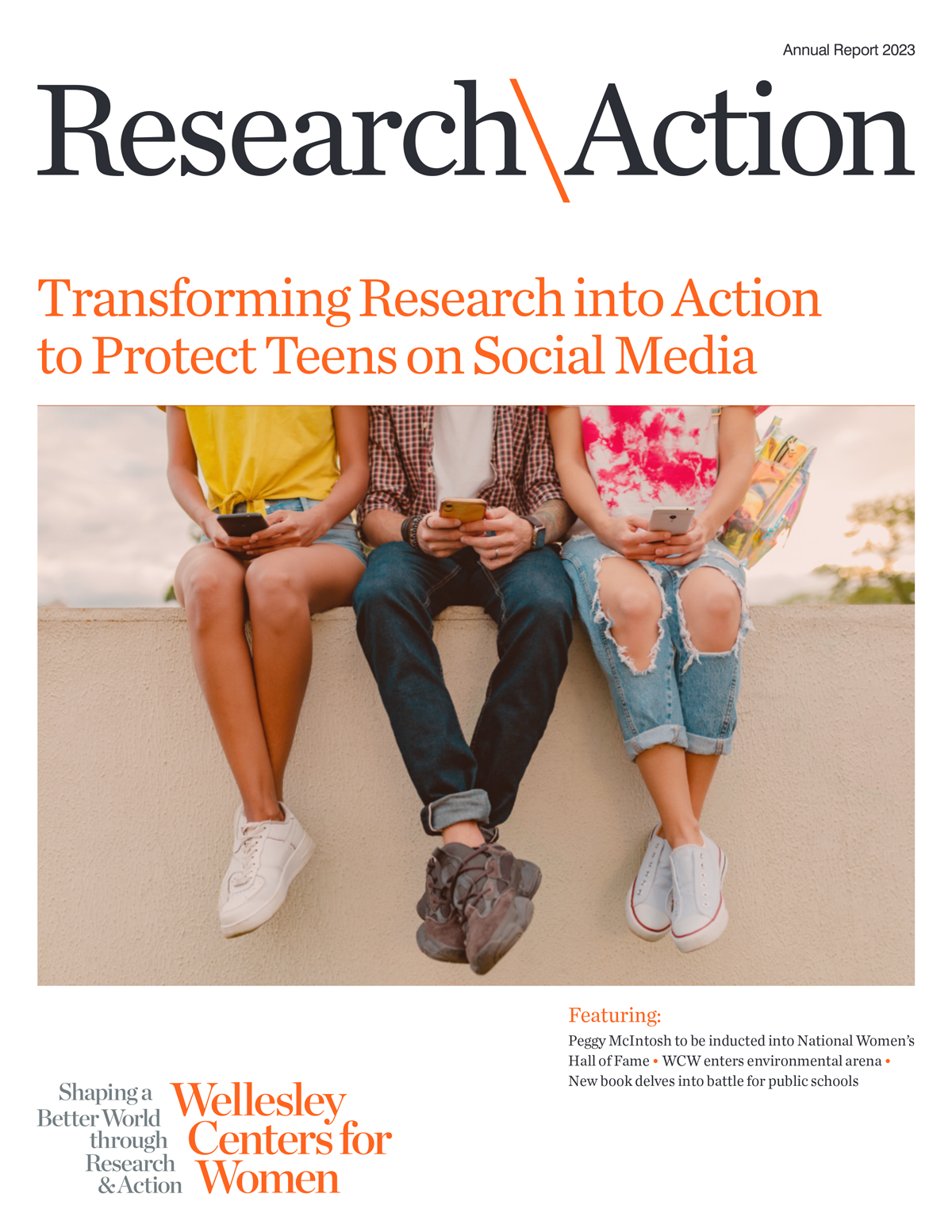 The pandemic made visible the lack of available and affordable child care in the U.S., and families continue to struggle to find care for their children, whether in licensed centers or homes. Massachusetts alone has lost 1,000 home-based child care providers since 2020—directly impacting parents’ ability to work, especially mothers.
The pandemic made visible the lack of available and affordable child care in the U.S., and families continue to struggle to find care for their children, whether in licensed centers or homes. Massachusetts alone has lost 1,000 home-based child care providers since 2020—directly impacting parents’ ability to work, especially mothers.
And yet, despite the dire state of the field, individuals continue to start their own child care businesses.
Senior Research Scientist Wendy Wagner Robeson, Ed.D., is collaborating with Kimberly Lucas, Ph.D., Professor of the Practice in Public Policy and Economic Justice at Northeastern University, on a study of the experiences of home-based child care providers in Massachusetts in order to better understand which government policies can help them survive and thrive.
With funding from the Massachusetts Early Childhood Funders Collaborative, Robeson and Lucas are conducting a survey and focus groups with those who have become licensed home-based child care providers since 2020 and those who have recently left the field.
We’re asking questions like, why do people decide to become child care providers? Why do they close their businesses? What can the state do to support existing providers and to prevent them from dropping out?
“We’re asking questions like, why do people decide to become child care providers? Why do they close their businesses? What can the state do to support existing providers and to prevent them from dropping out?” said Robeson, who leads WCW’s Work, Families and Children Research Group. “We can gain important insights both from those who have entered the field and those who have left.”
The study is unique in seeking to understand the experience of home-based child care providers at this moment in time. The results can serve as the foundation for future insights to inform the early childhood policy landscape in Massachusetts and nationwide.
Robeson and Lucas previously worked together on a study for the City of Boston, Office of Women’s Advancement, which resulted in the report “Too Much and Not Enough: Family Stresses and Child Care Preferences in Boston During COVID-19” and a chapter in the book COVID-19 and Childhood Inequality about parental burnout during COVID-19.
“We’re interested in understanding the struggles on both sides: families and child care providers,” said Robeson. “We know that families are daunted by the high cost of child care and have problems finding care that is accessible and of high quality. We also know that child care providers are severely underpaid and that it is extremely hard to operate and keep open a center or home-based child care facility. Once we understand the obstacles that each side faces, we can seek solutions that allow families to access the care they need, while keeping providers afloat.”


